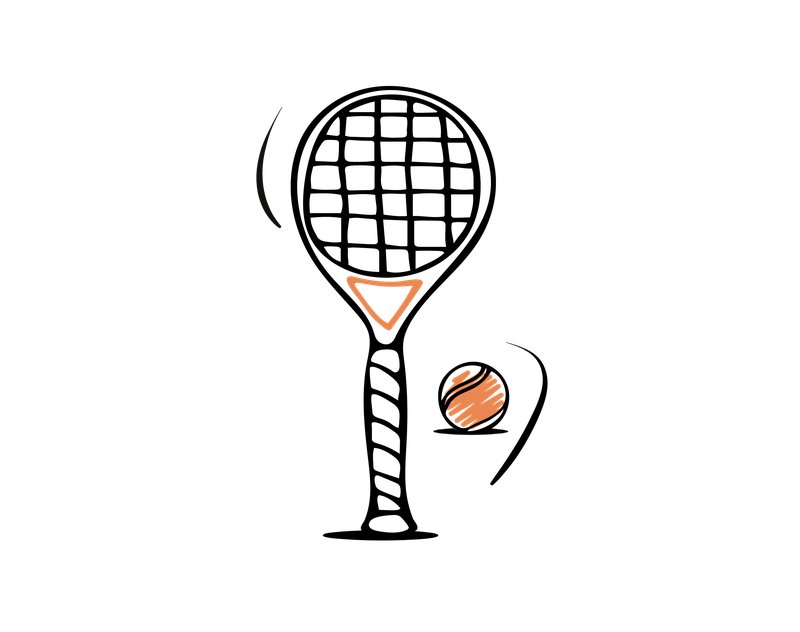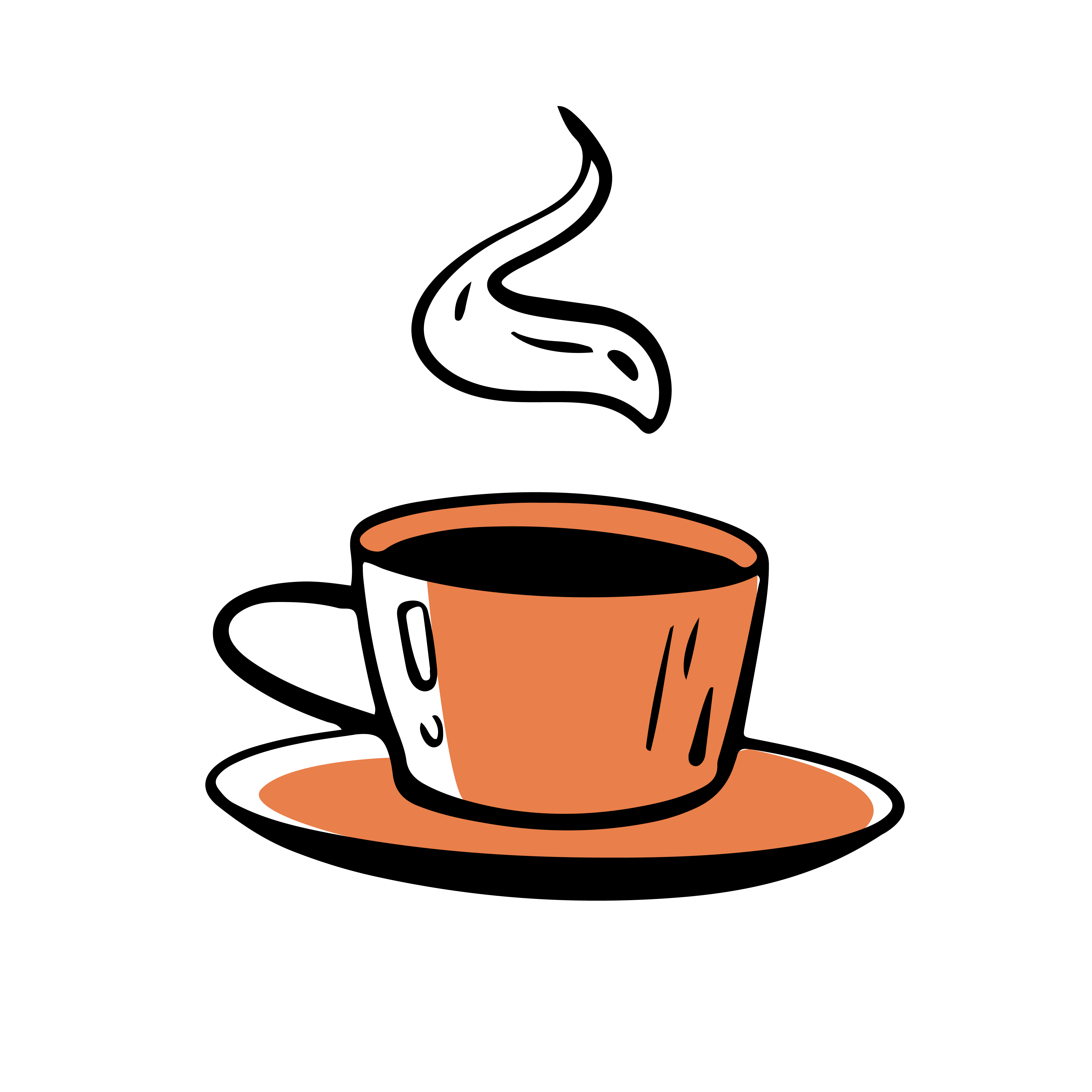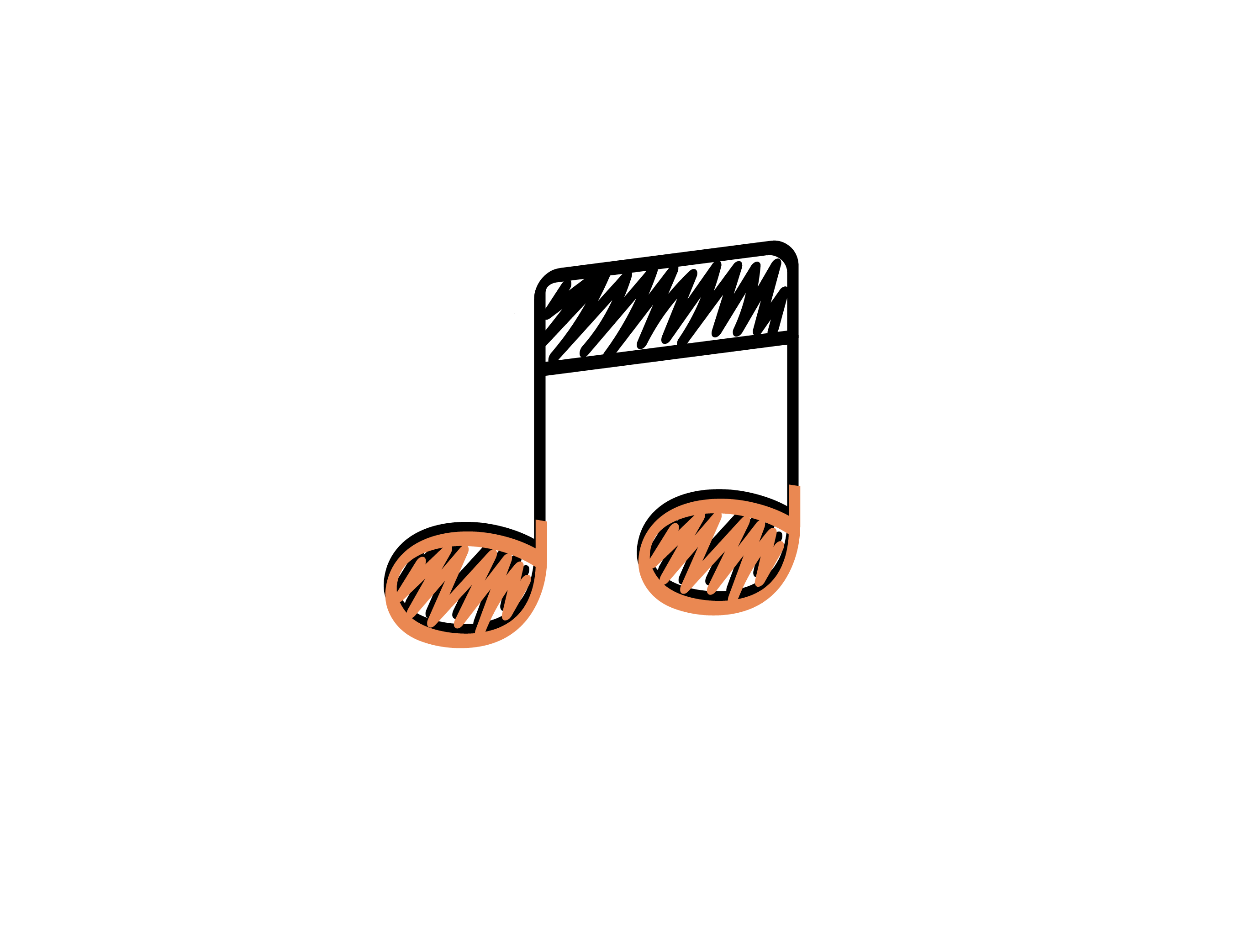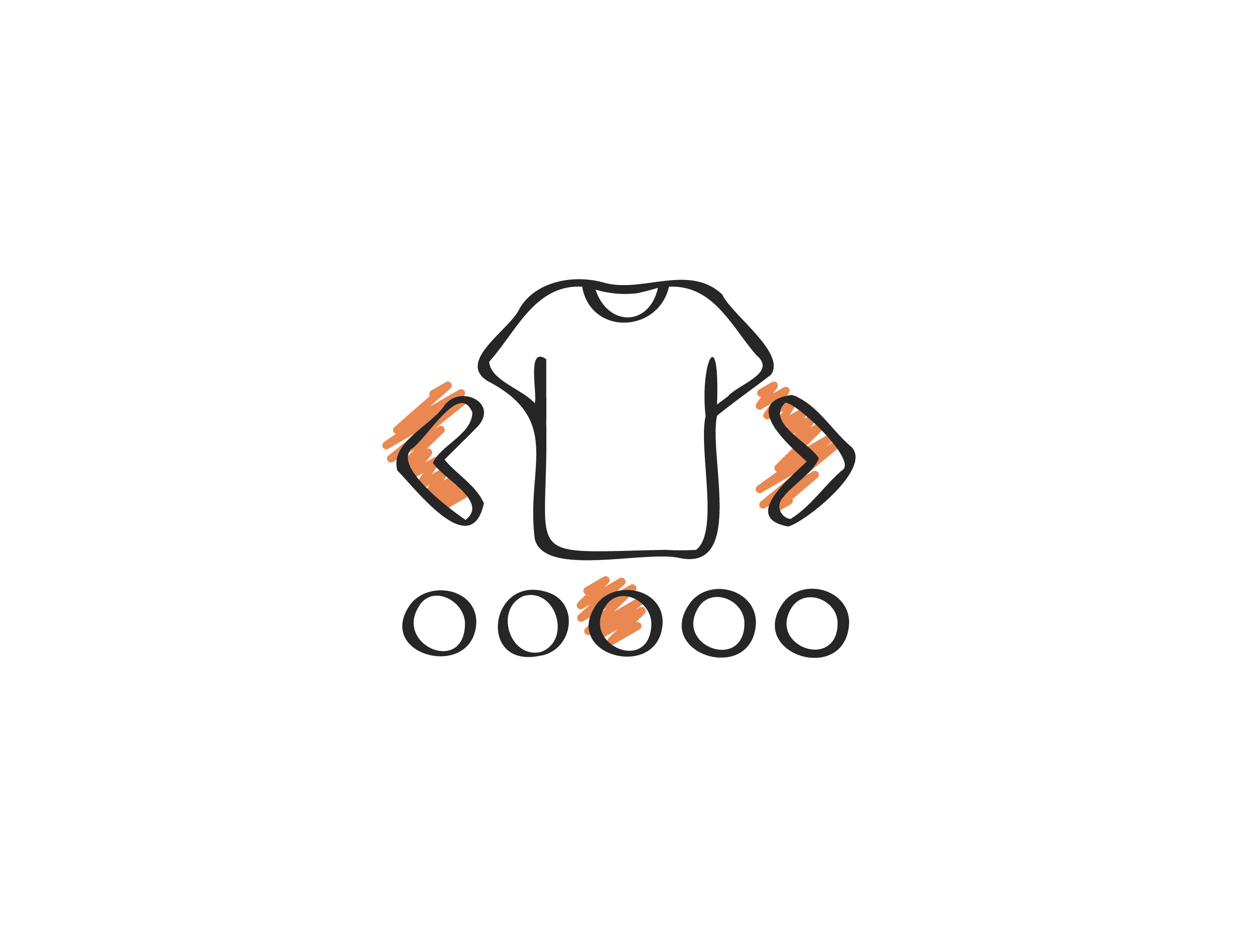I have a rare condition that equips me with an insatiable appetite for sports media. It has its advantages. There is always some crucial excuse I can use to get out of attending people’s weddings, their art shows, their live poetry, and we can (thereby) all spare one another some uncomfortable truths.
People certify you a weirdo, but at least you get out of things. No need to explain what a New York ‘Jet’ or ‘Yankee’ is or eye-roll through pagans questioning the integrity of American football or baseball. Any mention of basketball’s New York Knicks, a franchise more disorganised than your Parent Teacher Association, simply moves relatives to commence Nigerian prayers.
I blame my father for it all in the spirit of psychiatric tradition. I’m sure he didn’t grow up, as I did, with the need to review his mix of favourite teams every time he broke up with someone, made a sweeping career change, or simply needed to shake things up. I lost his passion for golf, kept his foolish love of Tottenham Hotspur, and only just about retained his devotion to the game of tennis. Every time I look up, some new upstart toddler threatens to end the career of some tenured veteran, who may or may not be losing rank at the same rate they’re losing hair.
Despite adoring the melody and the ballet of tennis, I am only ever bothered to make calendar additions for Wimbledon. All the other major tournaments have to stumble upon me, with a nice custard and without calling first to check if I’m taking guests. DStv’s Compact Plus has plenty of baseball this time of year, all of the NFL playoffs in January, and yet no tennis at centre-court. So every June, I age another year and delight myself at the prospect of guessing who the future of tennis might be — all because my entertainment budget doesn’t afford me access to Djokovic, Raducanu, Nadal.
I see that the All-England Club has taken to designing its own media: carefully crafted spots that celebrate Wimbledon’s history and thus speak to the inner snob in a precious few of us. One of these spots profiled the classy ‘little’ business that grows all the strawberries for all the courtside spectators. Another explained when and how the clean, all-white aesthetic of the tournament came to represent and separate Wimbledon from rival events. Most allude to how lovely England is this time of year, and so (naturally) I can’t help but wonder about geopolitical things.
Wimbledon is a tournament that works rather well for displays of clout and class. If you are a movie star that only ever gets to play sexy barbarians in blockbusters, a courtside sighting shows you’re aware of the finer things in life. You enjoy a sport where crowd control is entirely understood by all parties, and you would perform in plays and period dramas if only the right people would ask. On a macro-level, the tournament is clearly an instrument of soft power: means for us all to be nostalgic about a time and place when the world did things England’s way; an entry-point for the millions of people who remain allergic to ‘soccer’, and who are young enough to be indifferent towards the BBC.
Surely this power is coveted by a French and Australian Open that now find themselves bookended by covid season and by a US Open in the fall. I don’t know what June is like in Australia, but I gather it looks pretty English in France. Did the British strong-arm their way into owning this specific juncture in the seasons, and did the world barely flinch because not enough people care about tennis? I bet I could Google these things — but it’s much more fun to imagine Her Majesty’s Empire planting one last boot on one last throat in the interest of global peace and stability. It must have been testy as hell, that meeting of tennis associations…but I bet everybody wore cricket jumpers, lifted tea cups off saucers, and shook hands bitterly at the conclusion of the matter.








